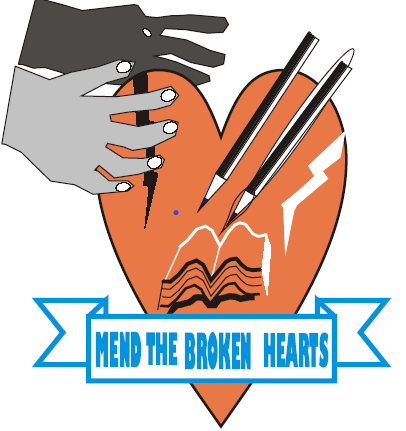menu
close


In November 2015, the Support Association for self-help in Uganda was awarded a grant of DKK 386,799 from the Civil Society Fund for the project “ Orphans and Other Vulnerable Children’s Households Development Project Kanungu ”, ref. 15-1712-MP Sep, briefly called the OVC project. The total budget for the project was DKK 399,999. It ran from January 1, 2016 to December 31, 2017 and was carried out in collaboration with partner organization Mend the Broken Hearts Uganda (MBHU), which accounted for most of the academic effort. The role of the support association in addition to supervision and administration was the dissemination of messages on human rights, equal rights and opportunities for all, and the strengthening of marginalized groups.
Project summary:
The OVC project is a development project for orphans and other vulnerable children (OVCs) and their parents in the very poor Kanungu in Uganda. The purpose of the project was to increase the well-being and living conditions of these children and caregivers through strengthening their rights, opportunities and concrete sustainable income-generating projects. The approach was based on mobilizing civil society and organizing self-help groups among the weakest households with vulnerable children. A wide focus was placed on the rights of these children and their guardians and created a culture of respect and support among people, organizations and authorities. The households were developed through the projects created and run by the self-help groups themselves, in order to become self-sustaining and to have the resources to care for the children properly. Two groups of projects were established in each of 30 villages with the participation of over 1500 guardians and children.
Goal:
The overall goal of the project was to increase and maintain the well-being of orphans and other vulnerable children in Kanungu Town Council.
In addition, there were the following two specific project objectives:
Impact of project objective 1
Impact of project objective 2
Representatives from the Danish partner The Self-Help Support Association in Uganda visited the project in July 2016 and contributed to raising awareness among local people about the rights of OVCs, etc. i.a. six villages. The Danish representatives conveyed human rights and principles of equality and their promotion and assertion through a radio broadcast, several speeches at a conference with about 500 listeners and dialogue sessions with residents of five villages (about 500 people).
At the end of December 2017, representatives from the Support Association also visited evaluation visits in four villages, where they met with groups from the local associations and visited selected households with income-generating projects. The project manager (Chairman of the Support Association) also performed financial supervision on this occasion, as did the Danish representatives in the project’s final stakeholder meeting, where local politicians and officials, etc. from the highest levels also participated.